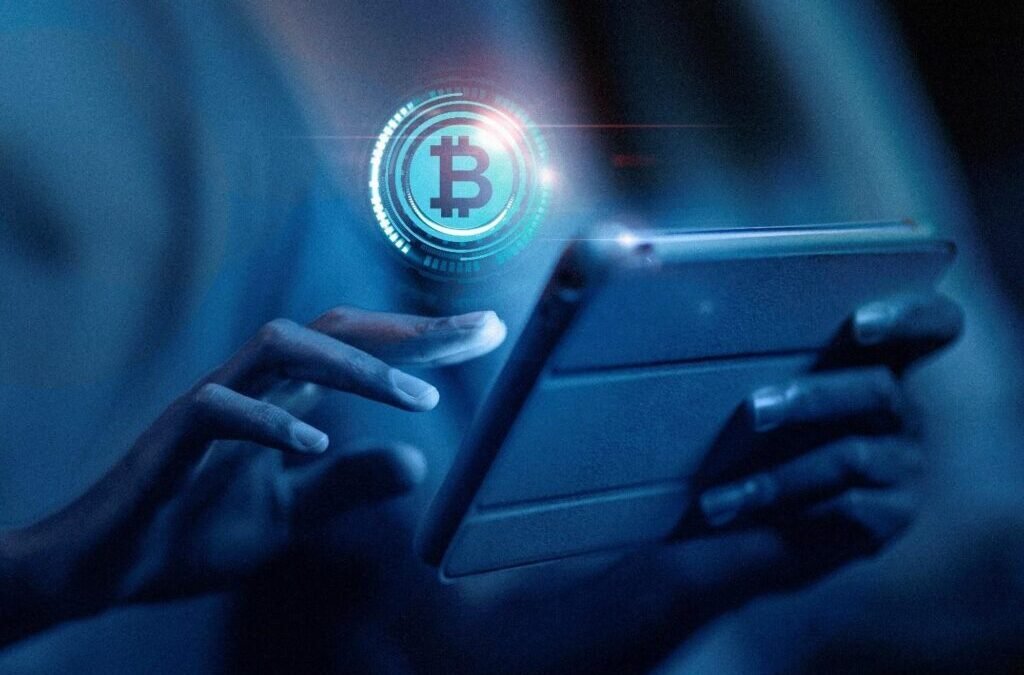For decades, the architecture of online payments has been dominated by a familiar cast: banks, digital payment processors, and so on. This system, while functional, has centralization at its core. That said, every single transaction requires permission, involves intermediaries taking a cut, and creates huge, vulnerable repositories of sensitive data.
Yet now, a profound shift is underway, which‘s driven by the blockchain technology and cryptocurrency. And it‘s a true reimagining of how value moves around, with regulated gaming and interactive entertainment leading the charge. For example, becoming a crypto casino affiliate now means promoting instant-payout casinos with provably fair games.
It’s a pivotal role in a trustless ecosystem that benefits both operators and players.
The Flaws in the Foundation: The Old Guard’s Inefficiencies
To get why this‘s a revolution, one first have to recognize all the friction in the traditional model. When this or that user buys a digital asset or makes an in-game purchase, the process is… Well, deceptively complex. To the very least.
The things is, the payment has to run a gauntlet of gatekeepers: the card network, the acquiring bank, the payment gateway, and the issuing bank – and each one takes a slice of the transaction.
Beyond just the cost, other ‘major pain‘ points include:
- Slow settlement – the payment seems instant to the user, yet the merchant can be waiting days to actually receive the funds.
- Geographic barriers – cross-border payments are even more of a headache, being waay more costly and slow, which limits the global reach.
- Both privacy and security risks – databases storing tons of card information are prime targets for hackers, thus leading to massive data breaches you hear about all the time.
- Censorship and exclusion – payment processors may arbitrarily deny service to industries and individuals.
So, that‘s against these backdrops that blockchain starts to look like a compelling alternative.
Overall, blockchain is a seriously cool and unusual piece. While its basic mechanism is easy enough to grasp on the surface, there’s a whole lot more going on underneath that one can learn about.
The Decentralized Paradigm – Trustless, Borderless, Programmable
At its heart, blockchain is a distributed, immutable ledger.
When applied to payments, it gets rid of the need for a third party – by creating a system where the trust’s built into the consensus. Cryptocurrencies, in order, are the native assets of these very networks, enabling a peer-to-peer value transfer that is:
- First, borderless – a crypto payment sent from country A to country B is processed on the same network, with basically the same speed and cost, as one sent across the street.
- Second, efficient – by cutting out the middlemen, fees can get reduced to a fraction.
- Third, fast and final – settlements can happen in minutes or even seconds, 24/7, therefore providing immediate liquidity and certainty.
A Little On Gaming and Interactive Entertainment Nieche
While speculation tends to dominate the crypto headlines, the most practical and transformative adoption is taking root in the entertainment nieche, as the sector‘s just exactly positioned to actually benefit from what blockchain can do.
True Digital Ownership and Player-Driven Economies
As of now, traditional in-game assets (say, some rare skin) are just licensed, not owned.
The things is, they’re literally locked inside a game. That said, they can vanish anytime – if a developer decides to pull the plug. Blockchain, in its order, changes the course by introducing verifiable scarcity and ownership through NFTs.
So, a player who earns or buys a crypto-based asset truly owns it.
And this very asset can then be traded on marketplaces, used across compatible games, or just held onto as a store of value, which in turn creates player-driven economies.
A small digression: the world of NFTs is practically a universe unto itself. Like, they were the subject of massive hype a few years back, though things have quieted down since. A lot of people even write them off as a complete scam, which isn’t entirely fair – plenty of legitimate projects are still afloat.
Take the Mutant Ape Yacht Club, for instance – the floor price for one sits around 1 ETH, which isn’t shabby at all. On the other end, the most coveted ones start at 500 ETH and go way up from there. Anyway, that’s a bit of a sidetrack.
Enhanced Transparency and Provably Fair Gaming
In online gaming (especially in gambling) trust is everything – players have to just hope the platform is being fair. And blockchain here introduces provably fair systems: for example, the outcome of this or that bet can be checked and verified after the fact, proving that neither the house nor the player could have tampered with the result.
Streamlining Creator Payouts and New Revenue Streams
For streaming services or content hubs, crypto offers a slick solution for royalty&revenue sharing. Say, smart contracts (self-executing code that handles the terms) can automatically and, what‘s more, instantly distribute payments to artist and collaborators anywhere in the world.
On top of everything, creators can monetize their work directly through NFTs, – by selling unique collectibles to their biggest fans.
Conclusion
To sum everything up, blockchain and cryptocurrency are reshaping online payments now by directly addressing the inefficiencies of the traditional, centralized model.
By eliminating intermediaries, they introduce a paradigm of borderless and rapid peer-to-peer transactions. And this very shift is proving particularly transformative in the entertainment sector, where it enables digital ownership, provably fair systems, and streamlined economies.
The post Why Blockchain and Cryptocurrency Are Changing How Online Platforms Handle Payments appeared first on Trade Brains Features.

